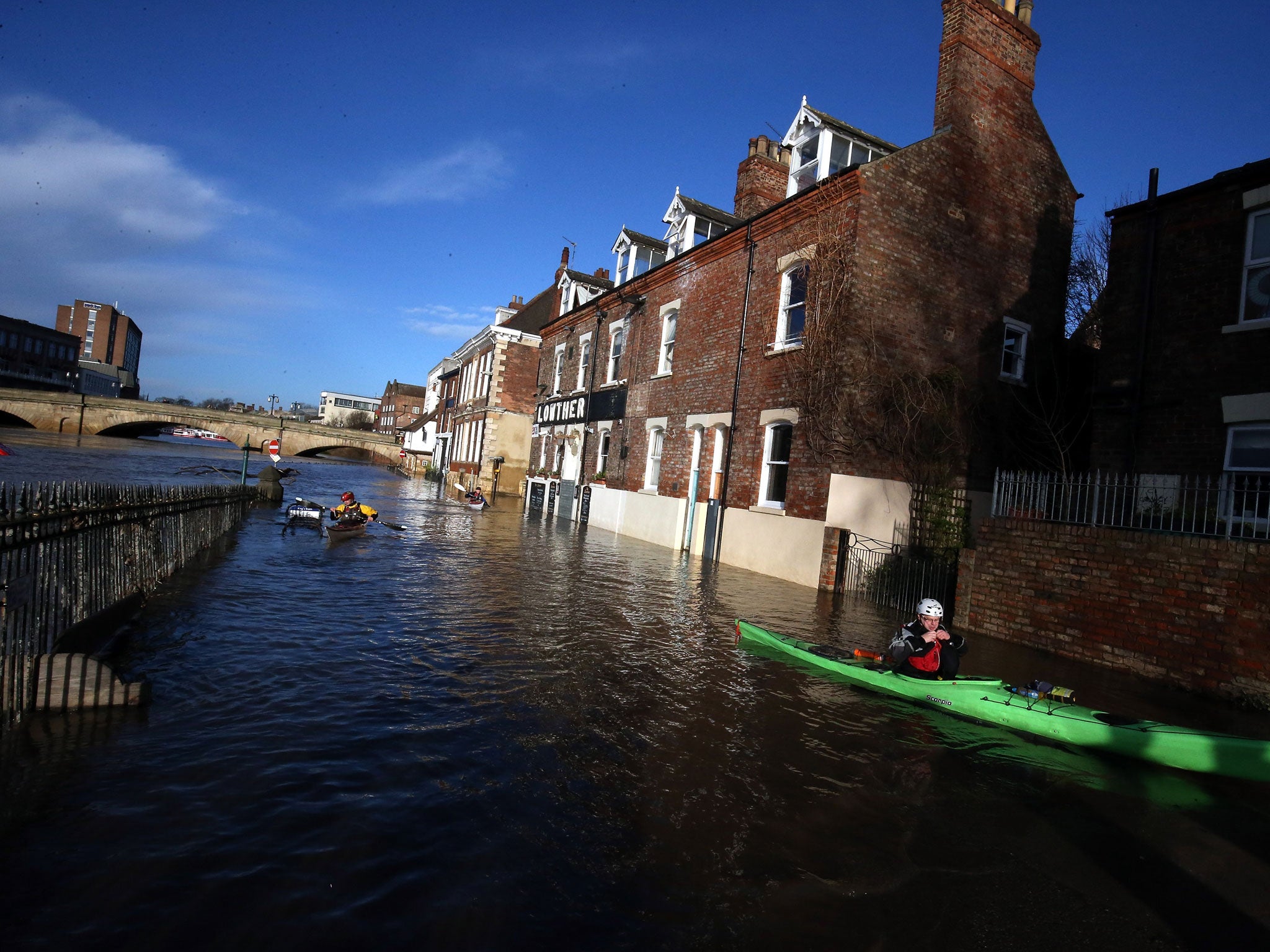Financial scams: Five things you need to know to avoid becoming a victim
In the UK last year more than £268m was lost to online scams alone

Are scams a big problem?
They sure are. In the UK last year more than £268m was lost to online scams alone, according to research by the National Fraud Intelligence Bureau.
What do the fraudsters do?
They prey on older or more vulnerable people and are normally extremely persuasive. Crucially, they can seem very official, often posing as police or solicitors or even someone from your bank.
What can we do to stop them?
The Chief Financial Ombudsman, Caroline Wayman, said: "It's a sad fact that fraudsters often target the most vulnerable or isolated people in society. The best way to prevent these scams is to make people aware of them so they can be stopped at the source."
What are the scams to be wary of?
Vishing is one of the growing scams, when crooks cold-call people and pretend to be the police or a bank in the hope of persuading people to hand over personal financial information. But authorities will never ask for such information. A variation is the courier fraud, when crooks try to trick people into handing over credit cards and PINs to one of their gang. There there are cheque scams, when a crook buys an item – often a car – but sends a bogus cheque for a higher amount with an explanation why the seller should send the surplus cash back. Crooks hope to disappear with the cash before the cheque bounces.
Any new ones?
They do like to try and make a quick profit from disasters. Last month saw victims of flooding being targeted by fraudsters. The Financial Ombudsman said it received inquiries about fake loss adjusters or insurance representatives asking for money on the phone to assess a claim quickly. Where people refuse to pay the fee they threaten that the victim's home insurance will be cancelled as a result. They then take their fee and seem to disappear. The fact is that insurers will never ask for up-front payments.
Subscribe to Independent Premium to bookmark this article
Want to bookmark your favourite articles and stories to read or reference later? Start your Independent Premium subscription today.

Join our commenting forum
Join thought-provoking conversations, follow other Independent readers and see their replies